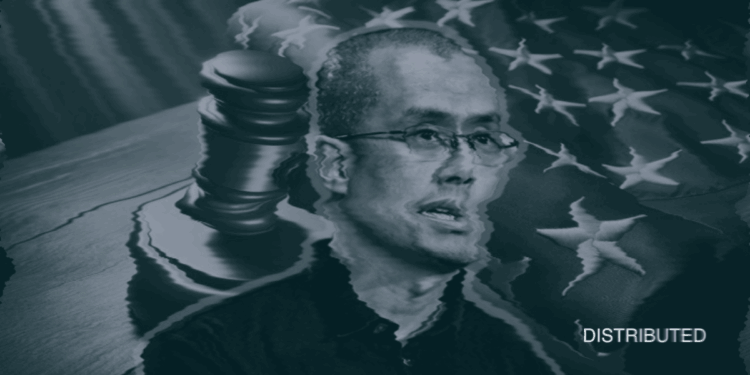- Zhao pleaded guilty to failing to implement adequate anti-money laundering measures and violating the Bank Secrecy Act.
- Despite the severity of the charges, Zhao’s custodial sentence was lighter than the initially sought three-year term.
Changpeng “CZ” Zhao, the founder of Binance, was released from custody on Friday, Bloomberg first reported. After spending three months in a California prison and weeks in transitional housing, Zhao’s early release, two days ahead of his expected release date, marked the end of a sentence linked to his violations of US financial laws.
Zhao faced charges in April for failing to establish adequate anti-money laundering safeguards at Binance, specifically the implementation of a comprehensive Know-Your-Customer (KYC) program. He pleaded guilty to violating the Bank Secrecy Act and was sentenced to four months in prison.
The plea deal included a personal $50 million fine and his resignation as Binance’s CEO. Binance itself agreed to pay a $4.3 billion fine to settle related charges with multiple US regulatory bodies. The sentencing marked a major development in the crackdown on cryptocurrency regulation, particularly given the scale of Binance’s operation as the largest crypto exchange globally.
Though custodial sentences for such violations are rare, Zhao’s punishment was more lenient than the three-year term initially sought by federal prosecutors.
See Related: From Bad To Good To Worse: The Binance And FTX Saga
Early Release For Changpeng Zhao
Under US law, prisoners may be released early if their release date falls on a weekend or holiday. Zhao’s time in custody began with three months in Lompoc II, a low-security facility located along California’s central coast, followed by a move to a halfway house in August.
Zhao, often referred to by his initials “CZ,” is notably one of the wealthiest individuals to have ever been imprisoned in the US, with an estimated net worth of $25.3 billion according to Bloomberg’s Billionaires’ Index.
In contrast, other cryptocurrency figures facing similar allegations, such as former BitMEX CEO Arthur Hayes, were only sentenced to probation. Prosecutors had hoped to make an example of Zhao, arguing that Binance fostered an environment conducive to money laundering, terrorist financing, and illicit activities.
They claimed that Binance facilitated over 100,000 suspicious transactions involving designated terrorist groups, including Hamas, al-Qaeda, and ISIS, and even played a role in supporting child exploitation content.



